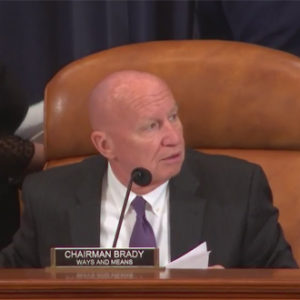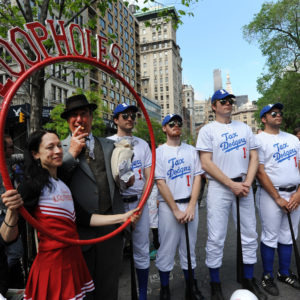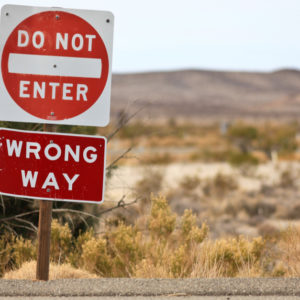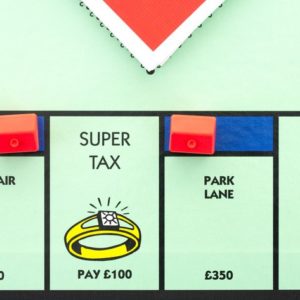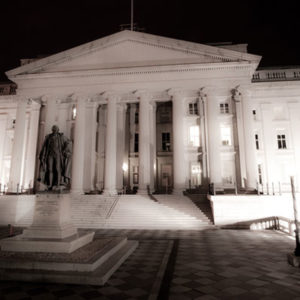A 2004 Offshore Tax Holiday Left 600,000 Jobless. A Decade Later, Congress Is at Risk of Making the Same Mistake
In 2004, the grass seemed greener on the other side — overseas where multinational corporations kept stashing profits. A corporate tax policy (known as “deferral”) allows U.S. corporations to defer taxes on their profits booked offshore until they are returned to the U.S. By 2004, deferral had led to a cash hoard of $527 billion, equivalent to 4.3 percent of GDP, amassing offshore.
Back then, President Bush signed the American Jobs Creation Act of 2004 (AJCA) believing that bringing home the stockpiles of cash would mean huge jobs and growth here in the U.S. The act provided a “tax holiday,” allowing corporations to return their deferred profits at an astonishingly low 5.25 percent — instead of the statutory 35% rate.
Companies — including Pfizer, Merck & Co., Hewlett-Packard, Johnson & Johnson, and IBM — immediately took advantage. Together, these five corporate giants repatriated $88 billion from their offshore accounts located in well-known tax havens such as Switzerland, the Cayman Islands, and the Bahamas. According to the IRS, some 843 companies followed suit resulting in the repatriation of $312 billion in qualified earnings. In total, the companies received $265 billion in tax deductions between 2004 to 2006.
